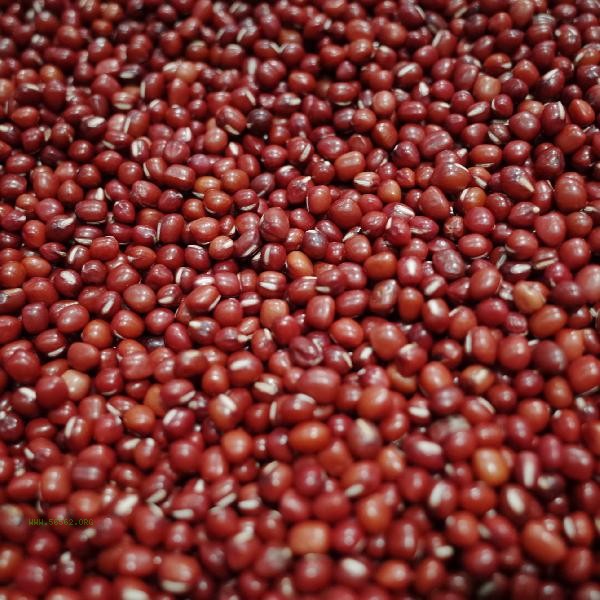Moderate consumption of legumes can help improve brain function, but it does not directly lead to significant improvement in intelligence. Beans are rich in nutrients such as lecithin, B vitamins, and plant protein, which have a positive effect on the development of the nervous system and cognitive function. The main factors affecting intelligence include genetic basis, educational environment, balanced nutrition, sleep quality, and disease interference.

1. Phosphatidylcholine action
Phosphatidylcholine in legumes is an important component of neuronal cell membranes and can promote acetylcholine synthesis. Acetylcholine, as a neurotransmitter, is closely related to memory and learning abilities. Long term lack of lecithin may lead to lack of concentration, but excessive intake cannot infinitely improve cognitive levels. It is suggested that bean products such as tofu and soybean milk should be supplemented in a balanced way.
2. B vitamins
Soybeans, black beans, and other foods are rich in vitamins B1, B6, and folate, which are involved in neurotransmitter metabolism. Vitamin B1 helps convert glucose into brain energy, while folate affects DNA synthesis and repair. Moderate intake of legumes has a supportive effect on fetal neural tube development and cognitive development in pregnant women or developing children.
3. Plant protein value
Beans provide high-quality protein that contains essential amino acids for the human body, among which tryptophan is a precursor for the synthesis of serotonin. Serotonin can regulate emotions and sleep rhythms, indirectly affecting cognitive performance. However, simply increasing the intake of soy protein without paying attention to overall dietary balance is difficult to significantly improve intelligence levels.

4. Mineral synergy
Chickpeas, kidney beans, and other foods are rich in minerals such as zinc, iron, and magnesium. Iron is involved in oxygen transport, and iron deficiency anemia may affect children's intellectual development; Zinc is related to the function of the hippocampus. These minerals need to be absorbed in conjunction with nutrients such as vitamin C, and relying solely on legumes for supplementation has limited effectiveness.
5. Effects of dietary fiber
Dietary fiber in legumes can delay blood sugar fluctuations and avoid unstable energy supply to the brain after meals. However, excessive consumption may lead to gastrointestinal bloating, which can actually interfere with nutrient absorption. It is recommended to pair legumes with grains to improve protein utilization and reduce digestive discomfort. Maintaining intellectual health requires comprehensive intervention measures. In addition to consuming beans 3-4 times a week, it is also necessary to ensure the unsaturated fatty acids provided by deep-sea fish, supplement nut foods in moderation, and control refined sugar intake. Regular aerobic exercise can promote blood circulation in the brain, while adequate sleep helps to consolidate memory. For populations at critical stages of growth and development, it is recommended to develop personalized dietary plans under the guidance of nutritionists to avoid blindly consuming large amounts of a single food.









Comments (0)
Leave a Comment
No comments yet
Be the first to share your thoughts!